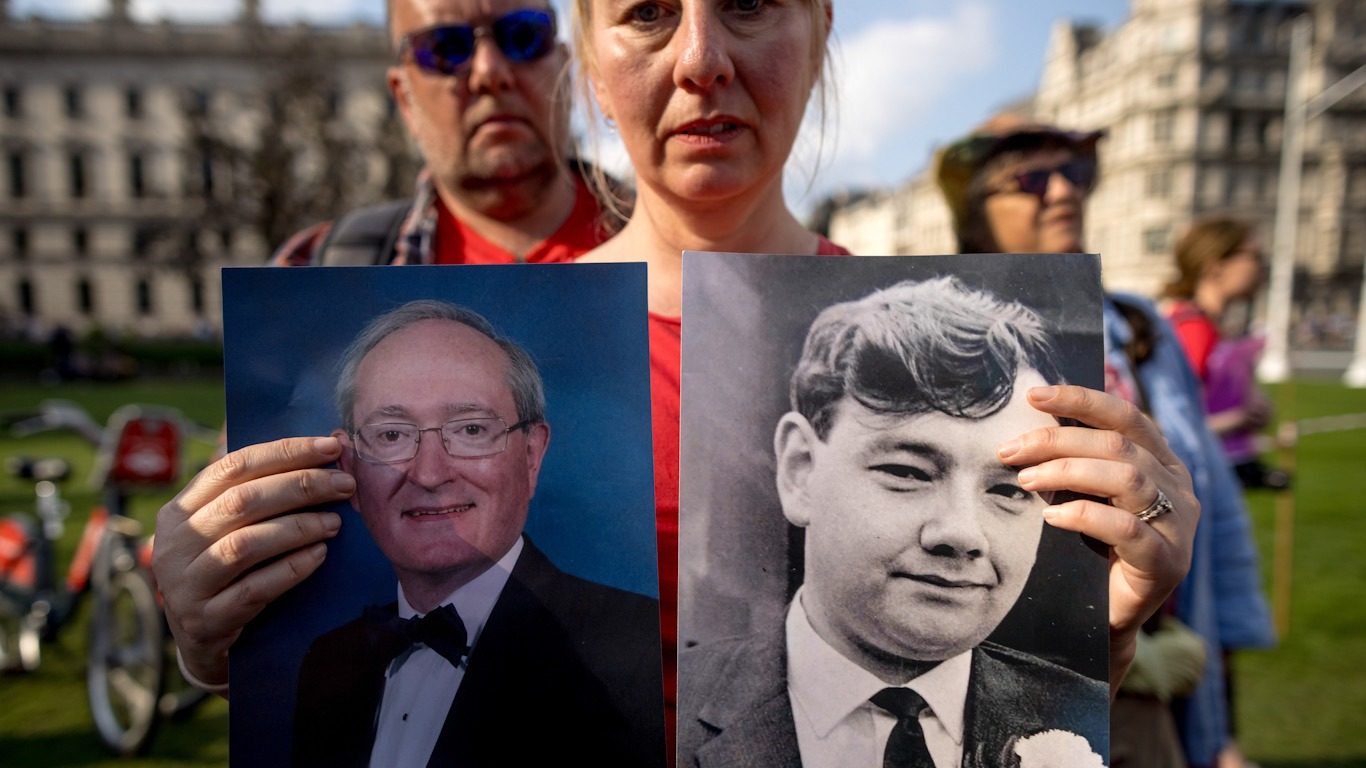The release of the findings of an inquiry into the U.K.’s infected blood scandal on May 20th brought to light the egregious failings of the government and the National Health Service (NHS), which resulted in the loss of thousands of lives and the devastation of many more. This confirmation of systemic negligence, long suspected by campaigners, has now been starkly documented for all to see.
The scale of the tragedy is staggering. An estimated 3,000 lives have been lost, with countless others enduring life-altering illnesses due to exposure to contaminated blood. The inquiry, which commenced in 2018 under the stewardship of former judge Brian Langstaff, meticulously reviewed the testimonies of over 5,000 witnesses and sifted through more than 100,000 documents over a span of six years.
Central to the inquiry’s findings is the revelation that approximately 30,000 individuals were infected with diseases, primarily those suffering from hemophilia, a rare blood disorder affecting clotting. In the 1970s, hemophilia patients were subjected to treatments utilizing blood products derived from infected plasma, leading to widespread infections. Shockingly, over 1,250 individuals, including 380 children, contracted HIV, with three-quarters of them succumbing to the disease. Additionally, around 5,000 patients were exposed to Hepatitis C.
The origins of this catastrophe trace back to the importation of blood from the U.S., where plasma from high-risk donors, including prison inmates, was mingled with donations from others. This reckless practice, coupled with inadequate screening procedures, facilitated the spread of deadly infections. Moreover, the inquiry uncovered a reprehensible cover-up by successive governments and NHS officials, who prioritized financial savings and public image over patient safety. Documents were deliberately destroyed to conceal the truth, perpetuating the cycle of deceit.
For the victims and their families, the quest for justice has been long and arduous. Their tireless advocacy for compensation and accountability finally culminated in the inquiry’s damning revelations. Prime Minister Rishi Sunak’s apology and commitment to “right the historic wrong” signal a recognition of the state’s culpability. A compensation package totaling £10 billion has been earmarked, marking a significant step toward restitution.
Yet, for many, justice remains elusive. The scars left by decades of betrayal cannot be healed by financial reparations alone. Calls for accountability echo loudly, demanding that those complicit in the cover-up be held to account for their actions. As the nation grapples with the aftermath of this harrowing revelation, it is evident that true justice requires more than monetary compensation—it necessitates a reckoning with the moral failures that have haunted countless lives for far too long.

